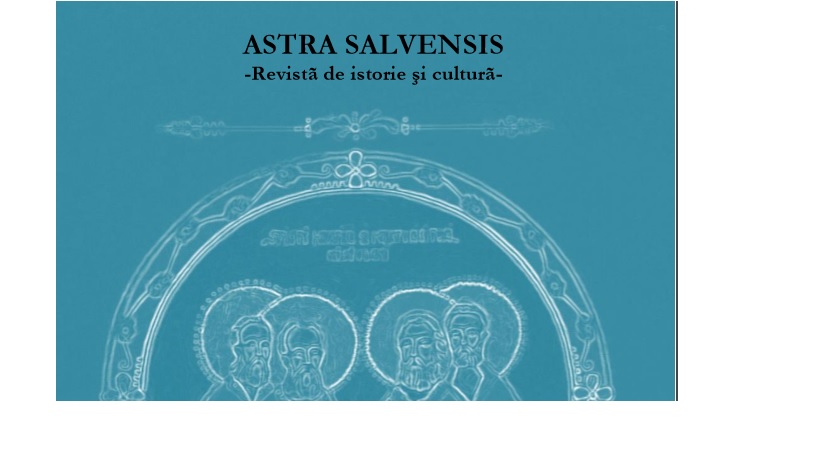POSTMODERNISM: THEORETICAL AND METHODOLOGICAL PROBLEMS
POSTMODERNISM: THEORETICAL AND METHODOLOGICAL PROBLEMS
Author(s): Aleksey N. FALEEV, Marina Filatova, Vladimir V. MAYERSubject(s): Language and Literature Studies, Foreign languages learning
Published by: Asociaţiunea Transilvană pentru Literatura Română şi Cultura Poporului Român - ASTRA
Keywords: postmodern philosophy; post-industrial society; multiplicity; mass culture; information age;
Summary/Abstract: While being accompanied by the objective phenomena of technicalization, urbanization, and bureaucratization, industrialization as much as possible involved a person in the universalized life of the community, which turned into the formation of a mass society that standardized social life. The paper discusses the specific features of the postmodern situation: decentring, pluralism, fragmentation, etc. Particular attention is paid to the principle of pluralism, which is considered as a counterweight to the narrowing of the diversity of the life spectrum, standardization and uniformity, to which the stage of modernism has led to at the stage of its completion. It is proved that the term “postmodernism” not only reflects the completeness of a certain historical and worldview period, but also implies a revision of approaches and a change in guidelines in the methodology of cognition and sociocultural practice. The listed features of the postmodernism methodology not only provide an idea of the modern type of thinking that overcomes dogmatism, totalitarianism and unification, but also allows to grasp the actual postmodern nature of current active practices of symbolizing meanings that originate with modern culture, which in their genesis are phenomena that destruct the world of conventional values.
Journal: Astra Salvensis - revista de istorie si cultura
- Issue Year: VIII/2020
- Issue No: Supplement
- Page Range: 307-319
- Page Count: 13
- Language: English

